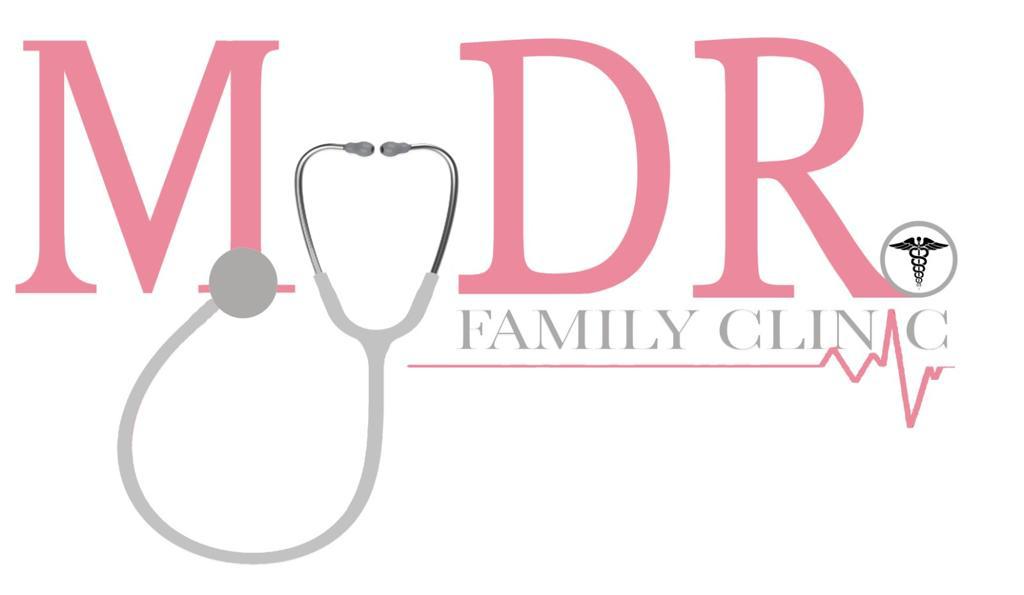Laboratory tests are essential in modern healthcare. They help assess your overall health, detect underlying diseases, and guide effective treatment.
In this article, we’ll explain the different types of tests you may need: blood tests, urine tests, stool tests, cultures, immunological tests, and hormone tests. You’ll learn what the tests measure, how to interpret the results, and when you might need each one. We’ll also tell you how My DR Family Clinic can help you understand your exams and take better care of yourself.
Different Types of Blood Tests
A blood test is one of the most common tests in medicine. It helps assess your overall health, diagnose diseases, monitor treatments, and prevent complications. A phlebotomist will extract a sample and send it to the laboratory.
Complete Blood Count (CBC)
It evaluates red blood cells, white blood cells, platelets, hemoglobin, and hematocrit. If your red blood cells are low, you may feel fatigued. White blood cells help detect infections or immune problems. This test provides a complete picture of your blood system.
Complete Metabolic Panel (CMP) and Basic Metabolic Panel (BMP)
These panels assess electrolyte balance, glucose levels, kidney function, and liver function. They include tests such as urea, creatinine, liver enzymes, and blood proteins. The CMP offers a broader view than the BMP.
Lipid Profile
It measures total cholesterol, HDL, LDL, and triglycerides. It is useful for assessing cardiovascular risk and adjusting lifestyle or medication.
Blood Glucose Test
It detects blood sugar levels and is key to diagnosing and managing diabetes. Sometimes it requires fasting.
Thyroid Panel (TSH, T3, T4)
Evaluates thyroid function. Changes in thyroid function can affect your metabolism, energy, and mood.
Vitamin and Mineral Tests (Vitamin D, B12, Iron)
They detect deficiencies that can cause fatigue, anemia, or bone and neurological problems.
Arterial Blood Gases (ABG)
Measures oxygen, carbon dioxide, and pH in arterial blood. It is used to assess lung function or imbalances in emergencies.
In short: Different types of blood tests allow you to assess your health and detect underlying conditions. They are an essential tool for your well-being.
Urine Analysis: Information from a Simple Sample
Urine tests are simple and noninvasive. They are used to diagnose urinary tract infections, kidney problems, diabetes, and other metabolic conditions.
- Urinalysis: Evaluates pH, glucose, proteins, and cells.
- Urine Culture: Detects bacteria responsible for infections.
- Drug Test: Common for therapeutic use or monitoring.
- Pregnancy Test (hCG): Detects the pregnancy hormone.
Stool Analysis: What Your Digestive System Reveals
Stool tests detect infections, occult blood, or parasites in the digestive system.
- Occult Blood Test (FOBT): Detects non-visible blood.
- Fecal Immunochemical Test (FIT): More accurate for colon cancer detection.
- Stool Culture: Identifies harmful bacteria.
- Ova and Parasites: Detects intestinal parasites.
Cultures and Swab Tests
These tests identify bacteria, viruses or fungi in different parts of the body.
- Throat swab: To detect streptococcus.
- Nasal Swab: For influenza or COVID-19.
- Vaginal or Cervical Swab: For infections such as candidiasis or STIs.
- Wound Culture: Determines the cause of a local infection.
Immunological and Allergy Tests
They evaluate how your immune system responds to infections, allergens, or autoimmune diseases.
- Antibody Tests: Indicate previous exposure or immunity.
- Allergy Panels: Identify common allergies (food, dust, etc.).
- Autoimmune markers (e.g. ANA): Help diagnose lupus or rheumatoid arthritis.
Hormonal and Endocrine Tests
These tests help detect hormonal imbalances or disorders in the endocrine glands.
- Estrogen/Testosterone Levels: Useful for fertility or sexual health.
- Cortisol: Evaluates adrenal function and stress.
- Insulin and Glucose: Diagnosis and monitoring of diabetes.
- Reproductive Hormone Panels: Evaluation during menstruation or menopause.
How to Prepare and What to Expect
Some tests require fasting (such as glucose or lipid profile). We’ll tell you how many hours before your blood test you need to fast.
A phlebotomist will take a sample and send it to the lab. You can view your lab results online or discuss them with your doctor. If anything requires follow-up, we’ll recommend the necessary steps.
How My DR Family Clinic Can Help You
At My DR Family Clinic we offer a convenient and reliable laboratory service:
- On-site laboratory for common testing
- Same-day appointments for added convenience
- Clear explanation of your results and what each test means
- Personalized care plan with follow-up testing if necessary
- Part of comprehensive preventive care
Whether it’s a CBC, CMP, thyroid profile, or hormone testing, we’re here to help you make informed decisions about your health.
Check out more info on our blog
what does a primary care doctor do
How often should you get a physical exam
annual physical exam checklist by age
Ready to learn more about your health? Schedule your lab work with My DR Family Clinic today.
